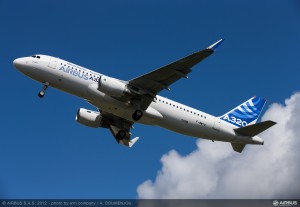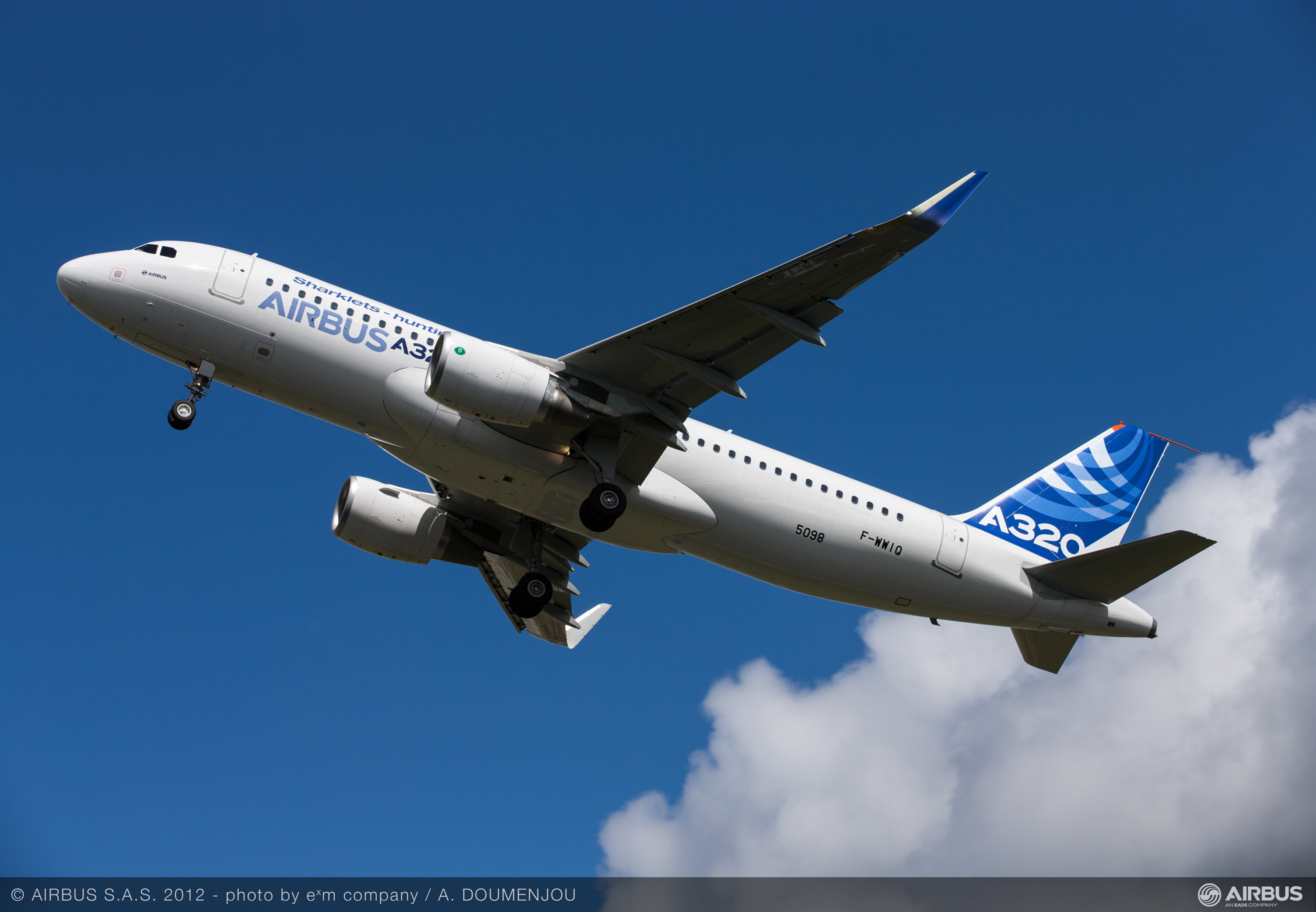2012-09-18 by George Talbot
For Mobile, Ala., the announcement on July 2, 2012 that the city would be the site of a $600 million, 1,000-worker assembly plant for Airbus aircraft seemed to prove the point that persistence pays off.
The city in 2011 lost its bid to become the assembly location for Air Force tankers when Boeing Co. won the contract.
But state and local officials maintained close ties with Airbus parent EADS, which chose the city for the KC-30 tanker assembly plant back in 2005.
When Airbus decided to commit to a U.S. plant to take advantage of the strong American market for single-aisle jets, Mobile was the natural choice. The plant will assemble A319, A320 and A321 aircraft, making Mobile part of a global production network that includes Airbus assembly lines in Hamburg, Toulouse and Tianjin.
“The town is right, the talent is right and the time is right,” Fabrice Bregier, Airbus president and CEO, said during a visit to Mobile to announce the project.

Airbus will break ground on its first U.S. factory next July.
About half of the capital investment will be allocated to construction of the plant, with the remainder going toward tools, assembly machinery, infrastructure and training.
The plant is scheduled to begin production in 2015, with first deliveries from the Mobile plant in 2016. Airbus anticipates the facility will produce 40-50 aircraft per year by 2017, employing more than 1,000 at full production.
Airbus projects demand for 4,600 aircraft in the U.S. market over the next 20 years, and Bregier said the new plant would bring the European company closer to its customers and suppliers.
It also gives Airbus a beachhead to compete with Chicago-based Boeing, and will help the company to balance its financial risk against swings in the Euro currency.
Alabama dug deep to attract Airbus, rolling out a $158 million package of tax breaks and other incentives to win the project. The deal includes $62 million over five years to repay equipment and capital costs, $51 million for workforce training, $1 million for road construction and $7.5 million over 15 years to cover lease arrangements. The balance will come from local governments.
Alabama Gov. Robert Bentley described the deal as “expensive” but said he was motivated to land a blue-chip employer during tough economic times for the Southern state. Bentley said he expects about four indirect jobs to be created for each one at the plant.
“This project will create stable, well-paying jobs that the people of Alabama need and deserve,” Bentley said. “When Airbus aircraft take to the skies, our pride and workmanship will soar along with them.”
The benefits could extend well beyond the Gulf Coast, which is emerging as a new center of aerospace production to rival Boeing’s production base in the Pacific Northwest.
The corridor that extends along Interstate 10 already includes some of the biggest names in the aerospace industry, plus NASA facilities at Stennis Space Center in Mississippi and Michaud Assembly in New Orleans. It’s also home to a dozen military bases including Keesler AFB, Eglin AFB and Naval Air Station Pensacola.
RESTORE Act
Construction of the plant is expected to create up to 3,000 jobs over a three-year period.
The factory will be built on a 116-acre site at the Brookley Aeroplex, a former Air Force base closed by the Pentagon in 1968. The site near the city’s downtown has ready access to rail lines, interstates and the Port of Mobile, making it a key strategic asset.
The factory, planned at 2 million square feet, will be spread among seven buildings and hangars.
“It’s not just an assembly line, it’s a whole compound,” said Christian Scherer, Airbus executive vice president, head of strategy and future programs.
Growth from the plant will create massive infrastructure challenges along the Gulf Coast.
Local and state officials already are grappling with how to plan for new roadways, housing, retail and other development.
But public resources are thin at a time when state and local budgets face severe shortfalls.
One solution may come through the RESTORE Act – federal legislation approved earlier this year that would direct billions of dollars in fine money from the BP oil spill to Alabama and the other Gulf states affected by the 2010 catastrophe.
While much of that money is designated for environmental restoration, local officials would like to use at least some of it to make needed improvements at Brookley.
They envision a world-class aerospace park that could be used to entertain airline customers, host supplier conferences and serve as an American showplace for Airbus.
The project could include five-star hotels, new office buildings, restaurants and residential developments. Mobile Mayor Sam Jones said Airbus could “transform” the city.
“One of the problems facing us in trying to make Brookley to what it needs to be to not just keep Airbus here, but to attract everything else that we need to have,” said Jones.
Labor Unions
Labor will also be a challenge in a region that has no experience building large aircraft.
Alabama points to its success in the automotive manufacturing industry as an indication that its workers and its workforce training system is up to the task.
Labor unions also have their eye on the new plant. The International Association of Machinists – one of the largest labor unions in the U.S. – says it will seek to organize the Airbus factory.
“We have every intention to try to organize the facility,” IAM President Tom Buffenbarger said during an interview at the Farnborough International Air Show. “This union has a good relationship with Airbus and I look forward to engaging with them.”
Alabama’s status as a right-to-work state – where workers are not compelled to join unions – was a key selling point in attracting Airbus.
Airbus has grappled with labor unions at its manufacturing plants in France and Germany, and European labor leaders have said they are wary of the company’s motives in establishing production in Alabama.
Francoise Vallin, a senior official at the CFE-CGC union that represents supervisors and some managers in Toulouse, said the unions want a signed commitment that the new plant won’t threaten their jobs.
“We want guarantees they won’t be touching the production rates in Europe — at Hamburg and Toulouse,” Vallin said following the announcement in Mobile.
U.S. labor leaders expressed disappointment with Airbus for choosing to build planes in a right-to-work state, saying it could drive down wages for manufacturing workers across the country. Average pay at the Mobile site is estimated by Airbus at $20 per hour, close to the state’s average manufacturing wage.
Union-represented machinists at Boeing earn between $11 and $40 an hour, depending on seniority and skill levels, according to a published wage card.
The company does not publicize what it pays its non-union workers in South Carolina, where it manufactures 787 jets, but reportedly it is less overall.
Alabama is the most heavily unionized of the 11 states that made up the Confederate States of America. About 10 percent of Alabama workers are union members, according to 2011 numbers from the Bureau of Labor Statistics.
For a discussion with former Governor Bob Riley during a visit to Alabama which focuses on the Alabama approach to manufacturing and aerospace please see the following:


